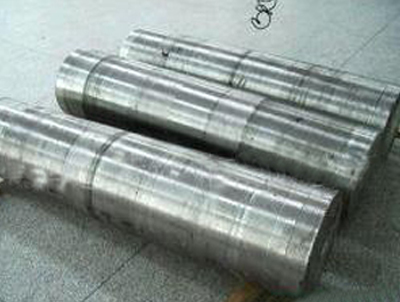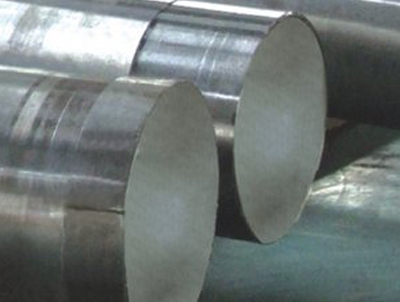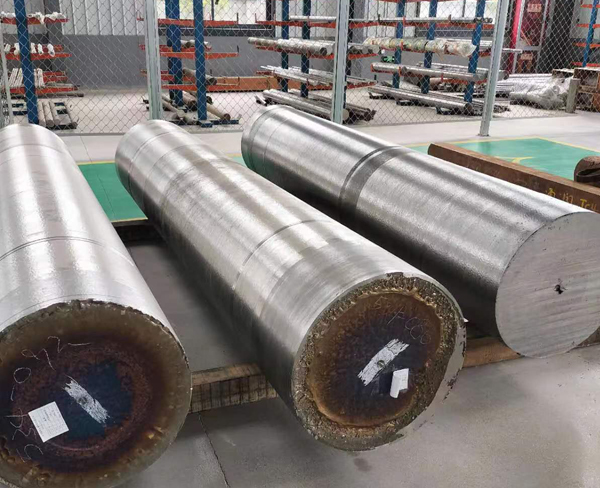Titanium
The element titanium (Ti) is the 9th most abundant element in the earth crust and is the 4th most abundant metallic element. Titanium is number 22 on the Periodic Table, has an atomic weight of 47.90, and is represented by the symbol “Ti”. The element itself is found in the forms of rutile and ilmenite in beach sand. Today, the rutile is generally mined in Australia, and South Africa.
To produce the metal, the rutile is combined with coke or tar, and chlorine gas and then heat is applied creating titanium tetrachloride (TiCl 4). The TiCl 4 is then converted through a chemical process to a “sponge” product which is then melted into an ingot form. Titanium is melted either by the Vacuum Arc Remelting (VAR) process, or by utilization of a cold hearth furnace process. If the grade of titanium being melted is an “alloyed” grade, the alloying agents are added during the compacting process. The ingot is then processed into the various mill product forms using standard metal working equipment.
Titanium’s metallurgical characteristics makes it the metal of choice for many diverse applications including aerospace, industrial, chemical processing, marine, medical, sporting, and consumer goods. The original application for this metal was in the military aerospace industry specifically because of its efficiencies in structural qualities, a result of titanium’s strength and density. The density of titanium varies according to grade, and ranges from .160 lb/in3 to .175 lb/in3.
Because titanium, when exposed to oxygen, creates a layer of ceramic like oxide film, it lends itself to applications where corrosion and erosion resistance are a concern. Should the metal get scratched, as long as it is exposed to oxygen, the scratch will reheal itself with the oxide film.
Due to the biocompatibility of titanium, the metal is used extensively in the human body, as hip and knee implants, pacemaker cases, dental implants, and craniofacial plates to name a few specific medical applications.
Other properties that make titanium a “metal of choice” is its unique “look”, the fact that it is nonmagnetic, has the ability to hold strength at high temperatures, and it has a relatively high melting point. Besides a high strength to weight ratio, corrosion resistance in many oxidizing environments including brackish and salt water and biocompatibility include its low modulus of elasticity which gives it flexibility and good thermal conductivity.






